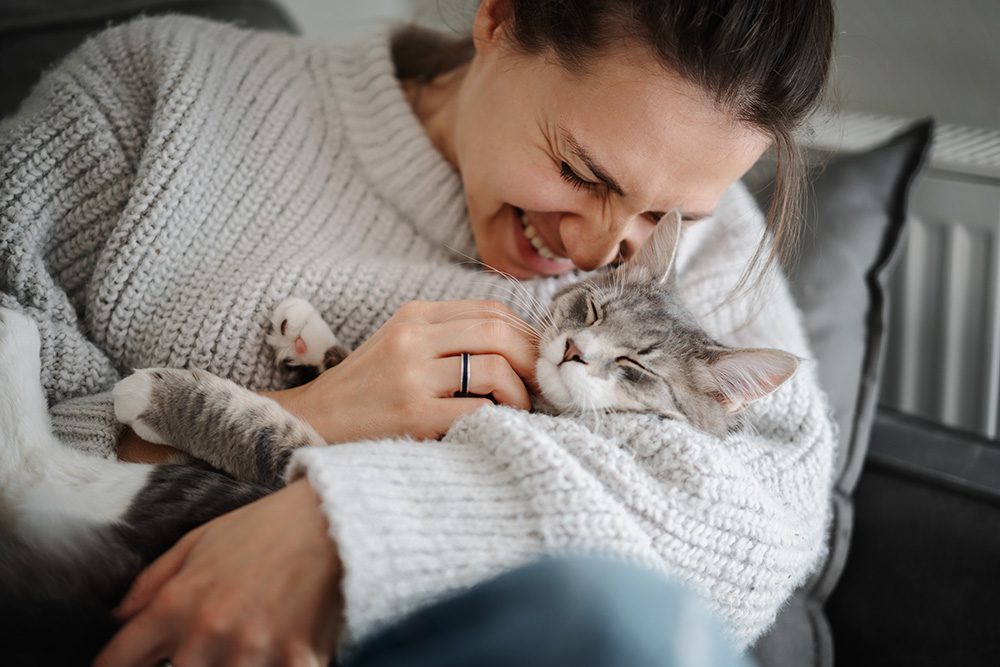Q: Every professional has a list of things they wish their clients knew. What’s your “top 10” list for cat people?
A: Here’s my top 10, starting with a simple courtesy and ending with the most crucial:
- Please show up on time for your appointment. If you’re late, you’ll get less of your veterinarian’s time or be asked to reschedule.
- Bring your cat in a carrier, because without one, your cat could startle and jump from your arms. Ideally, your carrier should have top and side openings, and the top should be secured with large clips, not individual screws, so the hospital staff can easily remove it. Tip: Line the carrier with a towel, and spray the towel with the pheromone Feliway if your cat is nervous.
- Save money at the vet by preventing disease. Sterilize your cat to reduce the risk of mammary cancer, uterine infection and spraying. Vaccinate to save money on disease treatment. Prevent heartworms, intestinal worms, fleas and other parasites, rather than treat the problems they cause.
- It’s not normal for a cat to regularly throw up hairballs. Research shows flavored petroleum jelly doesn’t relieve hairballs or move hair along the gastrointestinal tract. Veterinarians have a saying: Hairballs aren’t caused by a grease deficiency. See your vet to identify the cause of your cat’s vomiting, and start effective therapy.
- We humans are told to drink plenty of water. But if your cat drinks excessively or the litter box contains more urine clumps than usual, your kitty may be developing diabetes, kidney disease or another problem. Make an appointment with your veterinarian.
- Dental care is important. Without it, bacteria in the gums travel to the kidneys, liver and heart, where they establish infections. Visit vohc.org for a list of diets, treats and other products recommended by veterinary dentists to decrease plaque and tartar.
- Pet food bags advise you to feed more than is healthy, presumably because manufacturers’ calculations are based on the needs of animals that haven’t been sterilized and therefore have high metabolic rates. Don’t let your cat get fat, because overweight cats are more likely to develop diabetes, arthritis and other disorders.
- Some plants, human foods and medications are toxic to cats. Examples are lilies, garlic and acetaminophen (Tylenol). When it doubt, ask your veterinarian!
- Environmental enrichment keeps your cat happy and actually decreases risk of disease. See indoorpet.osu.edu/cats.
- Most important of all, a cat lasts a lifetime. Your kitty is not a disposable commodity to relinquish when you get bored. Cherish your cat forever, and your cat will return your love many times over!
